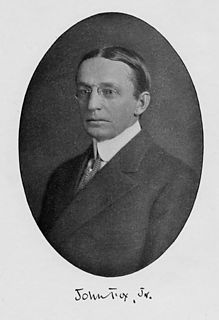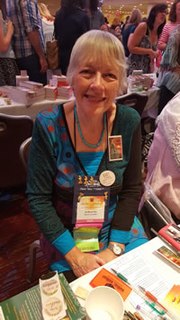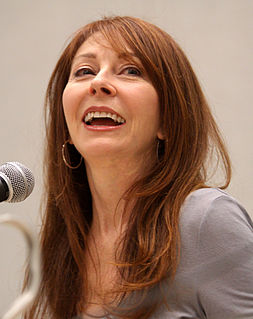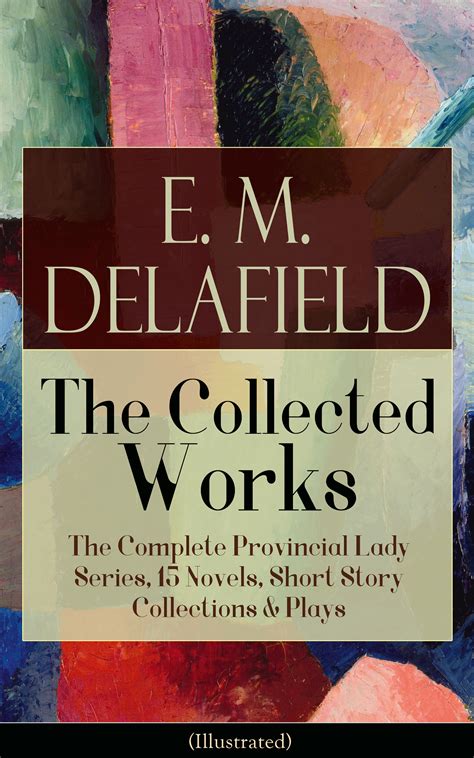A Quote by Rebecca West
[On Jane Austen:] To believe her limited in range because she was harmonious in method is as sensible as to imagine that when the Atlantic Ocean is as smooth as a mill-pond it shrinks to the size of a mill-pond.
Related Quotes
What I'd love to do would be to bring a person from the past to me. In that case I'd pick Jane Austen, because I'd like to know what really made her tick. It's my opinion that she was inhibited by her family and a desire to do the right thing. Away from all that, I believe she'd show new facets and enjoy the adventure.
I am a Jane Austenite, and therefore slightly imbecile about Jane Austen. My fatuous expression, and airs of personal immunity-how ill they sit on the face, say,of a Stevensonian! But Jane Austen is so different. She is my favourite author! I read and reread, the mouth open and the mind closed. Shut up in measureless content, I greet her by the name of most kind hostess, while criticism slumbers.
I think the strangest thing probably is when I went to Japan, and I don't know what the hell I was eating, but there was this one thing that seemed to be in a lot of soups and things there - I always called it pond scum. It looked exactly like the green stuff that floats on top of a pond. I would say, "Oh my God, this has pond scum in it!" I would eat it, to be polite, because we were usually with Japanese people and I didn't want to gag or spit it out or anything. And I still don't know what it was.
And I love Jane Austen's use of language too--the way she takes her time to develop a phrase and gives it room to grow, so that these clever, complex statements form slowly and then bloom in my mind. Beethoven does the same thing with his cadence and phrasing and structure. It's a fact: Jane Austen is musical. And so's Yeats. And Wordsworth. All the great writers are musical.
Tonight I walked around the pond scaring frogs; a couple of them jumped off, going, in effect, eek, and most grunted, and the pond was still. But one big frog, bright green like a poster-paint frog, didn't jump, so I waved my arm and stamped to scare it, and it jumped suddenly, and I jumped, and then everything in the pond jumped, and I laughed and laughed.
Here was a woman about the year 1800 writing without hate, without bitterness, without fear, without protest, without preaching. That was how Shakespeare wrote, I thought, looking at Antony and Cleopatra; and when people compare Shakespeare and Jane Austen, they may mean that the minds of both had consumed all impediments; and for that reason we do not know Jane Austen and we do not know Shakespeare, and for that reason Jane Austen pervades every word that she wrote, and so does Shakespeare.


































